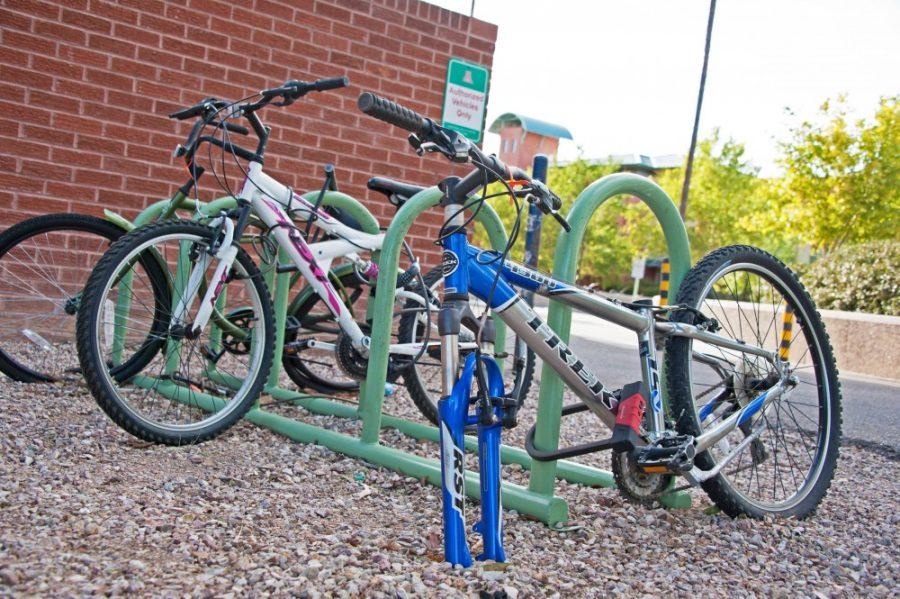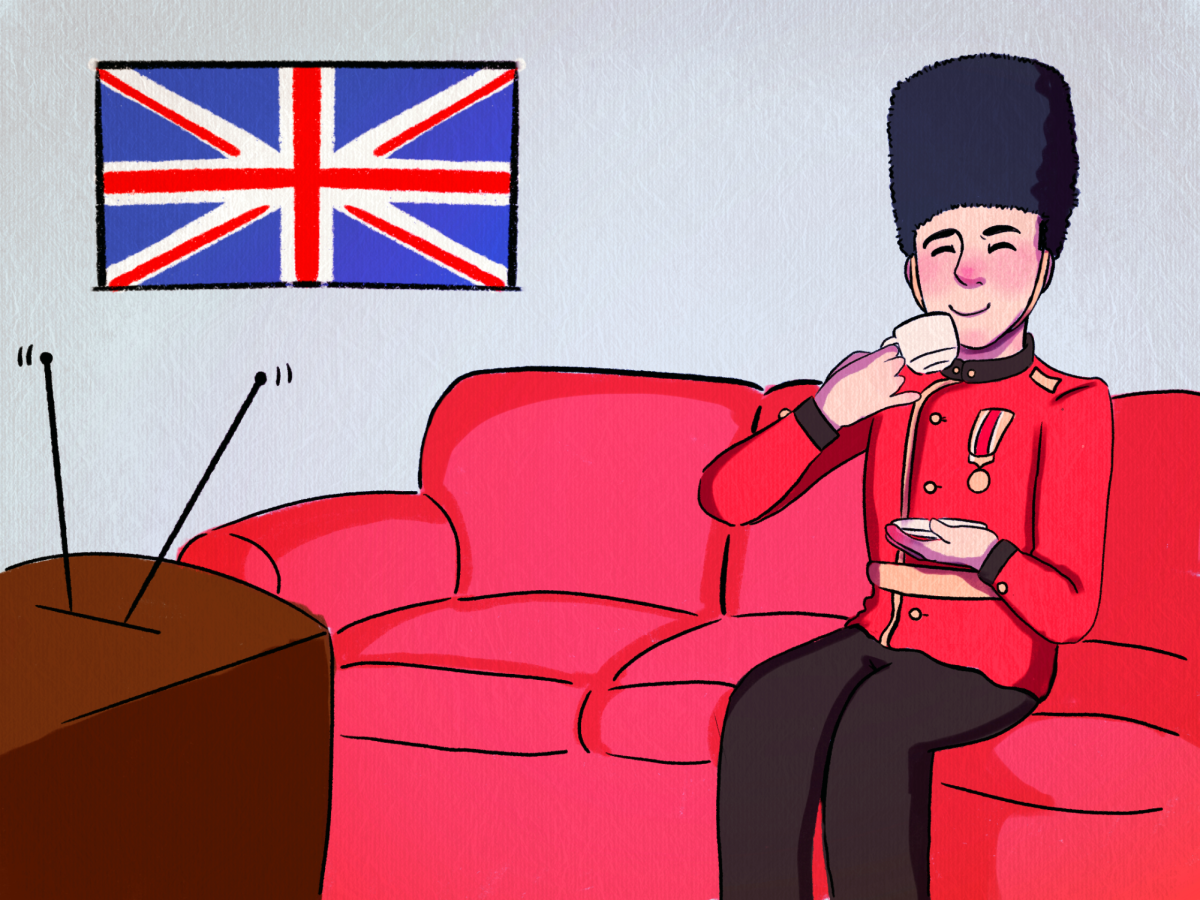It’s one of Tucson’s ugliest contributions to American society at the present moment.
Every day at 1:30 p.m., two miles from campus, at the Evo A. DeConcini U.S. District Courthouse downtown, as many as 80 human beings — a great many of whom are college-aged youngsters — are herded in and out of a courtroom by state marshals, their bodies draped in chains. A monotonous magistrate then motions through their “”rights”” and mass pleas before they are summarily either deported or incarcerated for what the U.S. government calls “”illegal entry.””
The Department of Homeland Security has named this mass criminal processing procedure “”Operation Streamline.”” In a December 2005 Homeland Security press release announcing the institution of Streamline, Chief of Customs David Aguilar noted that “”securing our nation’s borders from a potential terrorist threat is absolutely paramount,”” stating that his department’s intention with Streamline is “”to dramatically reduce illegal activity and deter future activity.””
But scrupulous voices from judges, prosecutors, defense attorneys, human rights and humanitarian groups, think tanks and Tucson’s very own Ninth Circuit Court stubbornly continue to reflect reality before the public.
Among these serious and conscientious voices is the respected University of California, Berkeley School of Law think tank, the Warren Institute, which issued a landmark study last Thursday in which it denounced Operation Streamline as unconstitutional, ineffective, impractical and wasteful of public resources. The study outlined how the policy is responsible for the opposite of its stated policy objectives.
The institute’s report, entitled “”Assembly-Line Justice,”” references the December 2009 decision of the U.S. Court of Appeals for the Ninth Circuit of Tucson, which maintained that Streamline violates federal law. “”By focusing court and law enforcement resources on the prosecution of first-time entrants,”” the report states, “”Operation Streamline also diverts attention away from fighting drug smuggling, human trafficking and other crimes that create border violence.””
As well as “”depriving migrants of due process,”” the study shows, Streamline also “”fails to effectively reduce undocumented immigration”” and gravely “”violates the U.S. Constitution.””
I had the extreme displeasure of personally observing a Streamline case on Wednesday. The first thing I noted was that the day’s Streamline was scheduled for a courtroom with the ominous and apt title, “”Special Proceedings.””
The whole procedure took about a half-hour.
With chains wrapped trimly around the torsos of the men and women, their hands shackled together, a horrible soft clanking punctuated the rustle of the courtroom throughout the entire proceeding.
While he waited to approach the bench, one of the numerous lawyers provided by the state for public defense of the migrants sat next to me and contentedly played a video game on his iPhone while the monotonous call-and-response colloquium between the magistrate and each defendant rung off in unison with the excruciating rattling of the chains.
The men’s feet were fettered, creating a slow, hobbling waddle in their walk as they were led out of the courtroom by stern-faced state marshals in dour, matching uniforms of khaki pants, padded black vests and dark blue shirts.
It was at that point I reminded myself how this criminal policy pollutes the humanity of everyone touched by it — apart from the migrants themselves who bear the brunt of the humiliation — extending to the state guards, translator, clerk, lawyers, magistrate and all of American society as we continue to face the stark choice of whether we will stand by anesthetized by this government obscenity, or whether we will join together to try to stem the growing cancerous ravages of our nation’s broadly failed border policy.
— Gabriel Matthew Schivone is an art, literature and media studies junior. He can be reached at letters@wildcat.arizona.edu








